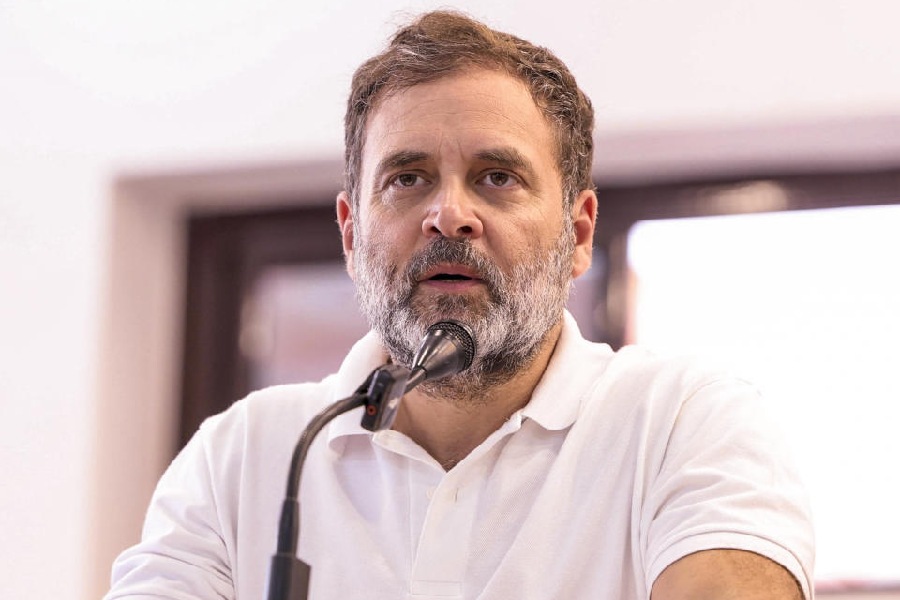 |
| Ethics debate |
New Delhi, March 4: A proposed tax exemption for human testing of new drugs in India has evoked sharp criticism from medical experts who see it as a misplaced bid to encourage trials in a lax regulatory environment.
Finance minister P. Chidambaram in his budget proposed to exempt clinical trials of new drugs from service tax to try and “make India a preferred destination for drug testing”.
Senior officials say India will gain a chance to learn the rigorous process of drug development by participating in global clinical trials.
But some doctors and research analysts are worried that the government is encouraging clinical trials despite weaknesses in India’s regulatory and ethical systems that are supposed to monitor human trials.
They highlight several illegal, unapproved or questionable human trials of new drugs done in India in recent years — some of them involving drugs or procedures developed in foreign countries.
“I don’t think the government should encourage the flow of clinical trials into India unless strong controls are in place,” said Samiran Nundy, a senior gastrointestinal surgeon at Sir Ganga Ram Hospital in New Delhi and a former editor of the Indian Journal of Medical Ethics.
“It’s relatively easy to persuade poor and uneducated people to participate in clinical trials.”
Industry analysts said the proposed exemption would benefit clinical research organisations as they will now be able to compete with in-house research capabilities of large pharmaceutical companies.
Low research costs and the large number of patients have made India an attractive site for trials.
“There is already rapid growth of clinical research in India with high profit margins. I don’t believe that fresh incentives are necessary,” said Falguni Sen, professor of management at Fordam University, New York.
“The clients of clinical research organisations are large multinational companies that get a lot of cost savings by conducting trials in India anyway,” Sen said.
“The issue is what will India get in return for offering its patients for clinical trials,” said Chandra Gulhati, editor of the Monthly Index of Medical Specialities, India, an independent drugs journal.
“Suppose a new drug is found to be effective; will it then be made available to Indian patients at a preferential price compared with its price in a country whose patients did not participate in its trial?
“In any case, clinical trials do not involve so-called frontline research. They primarily require documentation and patient recruitment.”
But India’s top biotechnology official said the country needed to learn through global partnerships. “Clinical trials are a horrendously difficult job and we shouldn’t undermine their importance in drug development,” said Maharaj Kishan Bhan, secretary in the department of biotechnology.
“Clinical trials involve extensive documentation, monitoring and rigorous standards, and Indian companies need to learn these aspects of drug development.”
Sen said the government — instead of offering tax incentives for clinical trials — should invest funds into mechanisms to protect the interests of participants during and after the trial.










